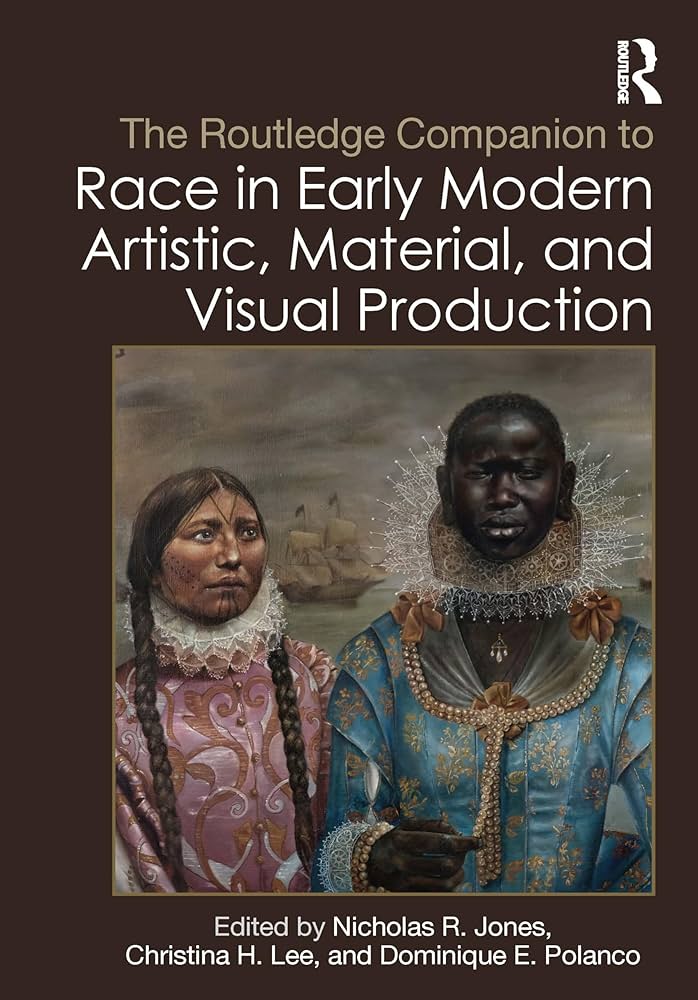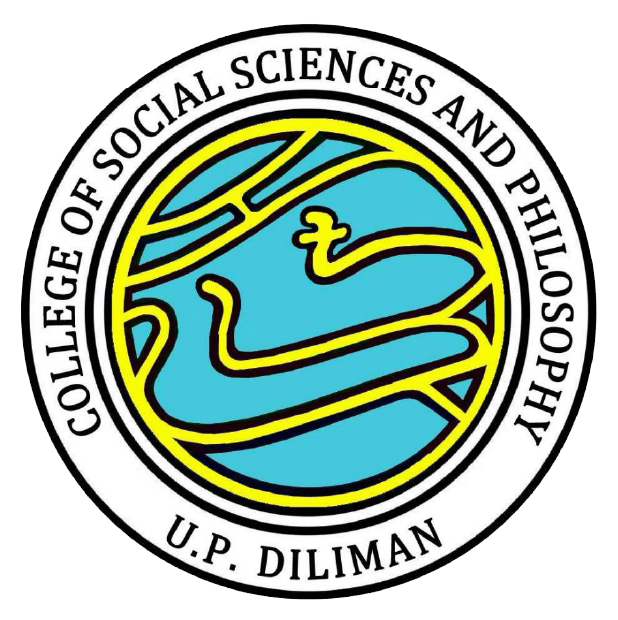Indigenous datus' Constructions of Colonial Enslavement in the Philippines of Spain's Transpacific West
The Routledge Companion to Race in Early Modern Artistic, Material, and Visual Production
The extant work on Spain’s empire in Asia does not take distinctions between freedom and enslavement for granted. But while authors have recognized the existence of slaveries by other names, this chapter examines a case wherein Indigenous agents sought to narrowly call a slave a slave (an alipin an esclavo). At the seventeenth-century’s end, Indigenous elites from the island of Luzon (in today’s Philippine archipelago) argued for enslavement’s necessity in response to an imperial prohibition. They deployed fictional genealogies and murmurs of unrest to play up the crown’s anxieties at this westernmost reach of Spain’s India Occidental. Through overlaid guises of familial intimacy and colonial duty, they conflated ideas of race, religion, and enslavement for themselves and for their audiences. By the century’s end, colonial reducciones had disrupted settlement patterns key to local life cycles of dependence and autonomy, and Indigenous leaders now deployed violence, rather than benignity, to recover escapees. In opposition to the extant literature’s static understandings of the equivalence or inequivalence of the concept esclavo and the Indigenous concept alipin, this chapter examines the role that these Indigenous participants played in narrowing local asymmetrical dependencies into enslavement.
Faculty Involved:

Nicholas Michael C. Sy
Assistant Professor (Study Leave)
Focus: early modern Spanish empire, demographic history, the history of conversion, political elites, historical biography, and digital humanities.



